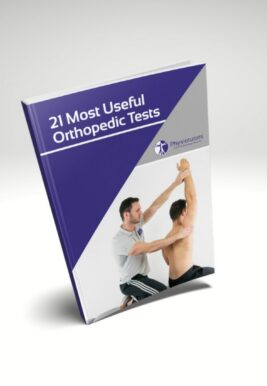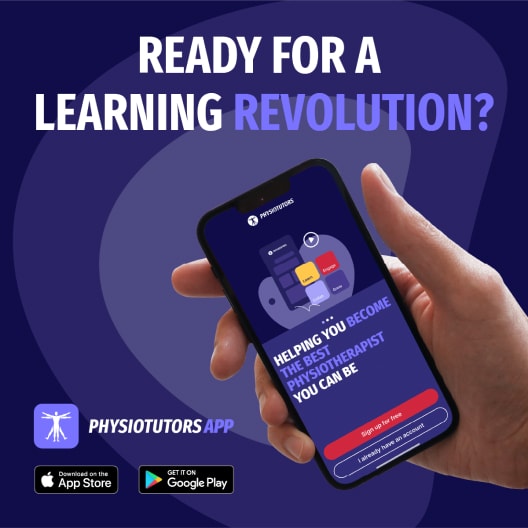Learn
AB-HEER Test | Hip Microinstability Assessment | Hip Pathology
Hip microinstability is a relatively new clinical entity of hip pathology in young patients.
Normal hip stability, as with other joints such as the shoulder, depends on the relationship between bony structures, muscles, and ligaments. In the hip joint that would be the acetabulum, its’ labrum, the ligamentum teres, the capsuloligamentous complex, and various muscles around the joint.
While a direct cause for hip microinstability may not always be identifiable, both traumatic and atraumatic onsets are described in the literature. The pathophysiological mechanism is assumed to be related to repetitive axial and or rotational loading of the hip in the presence of anatomic abnormalities of the previously listed structures.
Common assessments next to a thorough patient history include Hyperlaxity assessment using the Beighton Score, and lately special tests for the condition have been described and evaluated on their validity:
According to Hoppe et al. (2017), The AB-HEER test has a sensitivity of 80,6% and a specificity of 89.4%. This is the first study to evaluate this test on its validity and has a couple of limitations so the results should be used with caution until further validation has taken place which is why we give it a moderate clinical value.
To conduct the test the patient lies on the unaffected side. The affected leg is abducted to 30° to 45° degrees, extended and externally rotated while you apply an anteriorly directed force to the posterior greater trochanter with your hand. A positive test is anterior hip pain.
Other orthopedic tests that assess microinstability of the hip are:
- Prone Instability Test of the Hip
- Hyperextension-External Rotation (HEER) Test
- Foot Progression Walking Angle
21 OF THE MOST USEFUL ORTHOPAEDIC TESTS IN CLINICAL PRACTICE

Like what you’re learning?
BUY THE FULL PHYSIOTUTORS ASSESSMENT BOOK
- 600+ Pages e-Book
- Interactive Content (Direct Video Demonstration, PubMed articles)
- Statistical Values for all Special Tests from the latest research
- Available in 🇬🇧 🇩🇪 🇫🇷 🇪🇸 🇮🇹 🇵🇹 🇹🇷
- And much more!








